Michael Race
Business reporter, BBC News

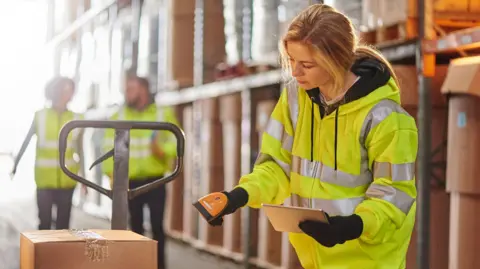 Getty Images
Getty Images
The UK economy suffered its worst contraction for a year and a half in April as taxes increased for businesses, household bills jumped and exports to the US plunged.
The economy shrank by 0.3%, more than the 0.1% fall predicted by experts - marking the steepest monthly decline since October 2023
April saw employers' National Insurance and water, energy and council tax bills all rise, while the introduction of tariffs by President Trump led to the largest monthly fall on record in exports to the US.
The figures come a day after Chancellor Rachel Reeves set out spending plans aimed at boosting growth, with funding increases for the NHS and defence, but budgets squeezed elsewhere.
In the Spending Review, Reeves prioritised ploughing billions into long-term projects, in a bid to boost economic growth and improve living standards.
But many of the chancellor's plans such as new railway lines and the development of new UK nuclear plant Sizewell C will take years, with current day-to-day spending budgets being squeezed.
Economists have warned the current weak rate of growth could lead to Reeves deciding to raise taxes in the autumn Budget.
Council tax is also expected to rise to pay for local services including policing.
Reeves acknowledged the latest economic figures were "clearly disappointing" and refused to rule out tax rises, telling the BBC that "no chancellor is able to write another four budgets in the first year of a government, you know how much uncertainty there is in the world at the moment".
Monthly figures on the economy are volatile, and the more stable three-month figure to April showed the economy grew by 0.7%,
Opposition parties said the chancellor's previous decision to raise employers' national insurance, which took effect in April, was dragging on growth.

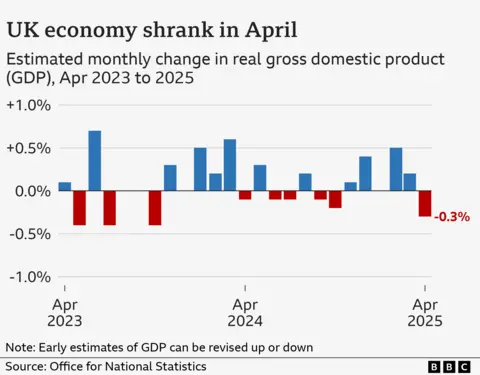
The government is also paying more to borrow money.
Lindsay James, investment strategist at British multinational wealth management company Quilter, said the higher cost was due to investors being cynical over the government's spending plans.
"With the economy now weakening, we can expect to see concerns around further tax rises increase as we near the autumn Budget – which is likely to weigh on growth even more."
Growth rising steadily is widely welcomed, as it usually means people are spending more, extra jobs are created, more tax is paid, and workers get better pay rises.
But growth in the UK has been sluggish for many years.
The Office for National Statistics said a poor month for the services sector, which includes businesses ranging from shops and restaurants to hairdressers and financial firms, were behind the contraction in April.
Legal firms and property companies also "fared badly", it said, following a strong March which saw many homebuyers rushing to complete purchases to avoid stamp duty increases.
Car manufacturing was also weak after the introduction of 25% tariffs on UK vehicles exported to the US. Cars are the UK's biggest US export, with one in eight cars built in Britain shipped across the Atlantic.
Trade data showed the value of UK exports decreased by some £2.7bn in April, with goods to America alone falling by £2bn.
Since April, the government has agreed a deal on tariffs with the US and had also made trade agreements with the European Union and India.
Despite the tariff pact with the US, a 10% import tax still applies to most UK goods entering America, with taxes still higher for steel and cars until the deal comes into force.

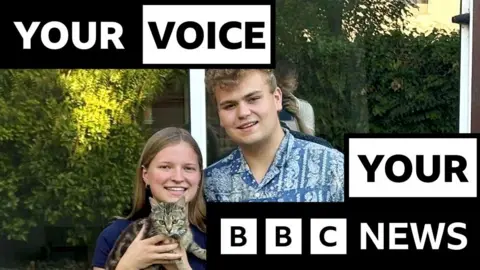 Grace Sangster and Ollie Vaulkhard
Grace Sangster and Ollie Vaulkhard
Ollie Vaulkhard, director of Vaulkhard group which owns 17 hospitality venues across Newcastle upon Tyne, said the business was under pressure from the cost increases.
"Each one of those is manageable - you put them all into a pot, ultimately we've got to charge our customers more," he said.
Grace Sangster, who is on an apprenticeship scheme earning £40,000, said the government should do more to help first time buyers.
She and her partner Ollie Vass, both 19, bought their first home in April, but said due to the stamp duty increases, the couple had to pay £3,125, as opposed to zero previously.
'More taxes coming'
Shadow chancellor Mel Stride blamed Reeves's economic choices for the weak growth.
"The chancellor should have taken corrective action to fix the problems she has caused. But instead her Spending Review has all but confirmed what many feared: more taxes are coming."
Liberal Democrat Treasury spokesperson Daisy Cooper said the figures were a "wake up call for the government which has so far refused to listen to the small businesses struggling to cope with the jobs tax".
In April, employers' National Insurance contributions rose to 15% from 13.8% with the threshold for payments reduced from £9,100 per year to £5,000.
Firms also saw minimum wages and business rates go up.

 Movie
Movie 2 months ago
101
2 months ago
101 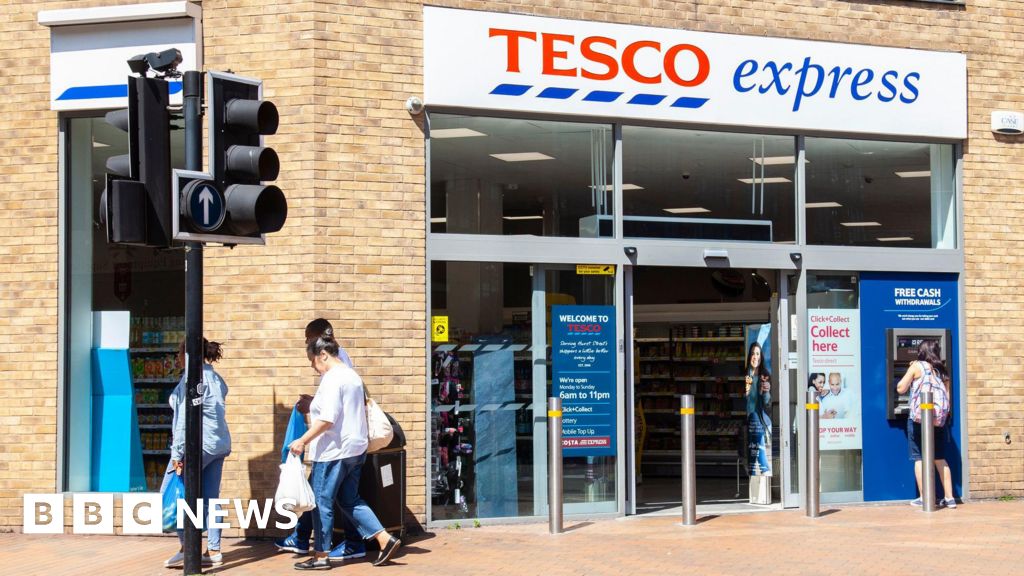
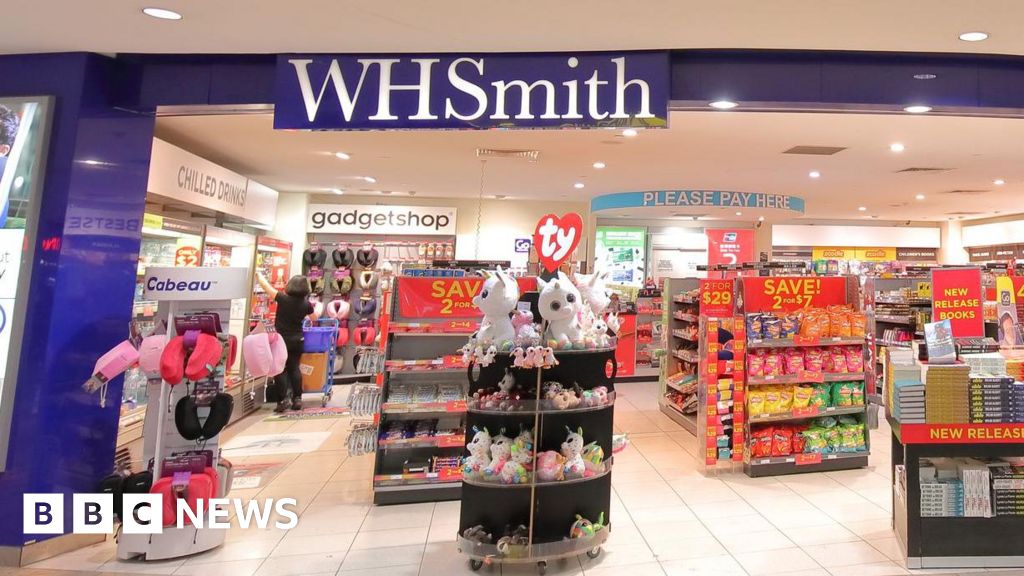
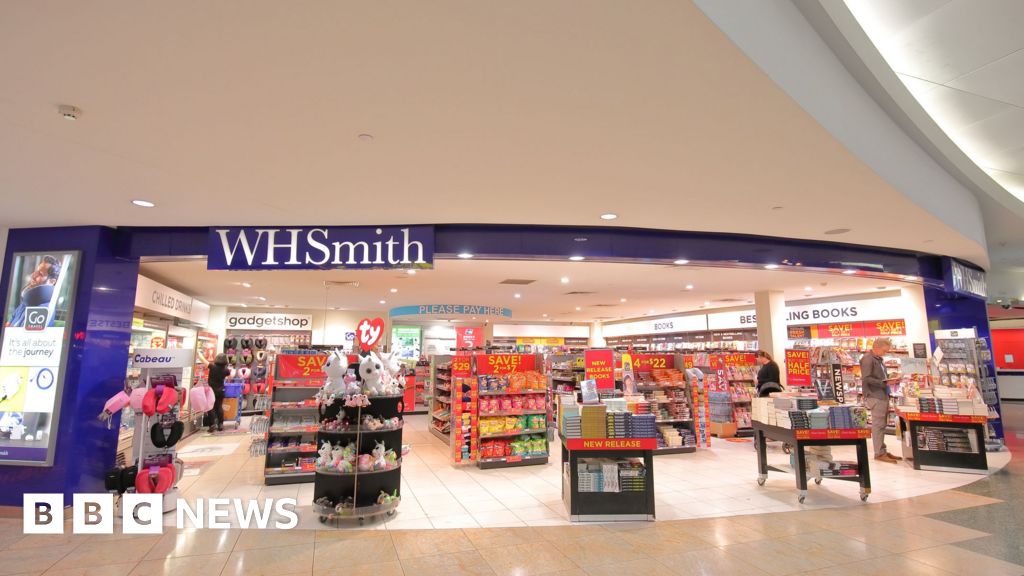
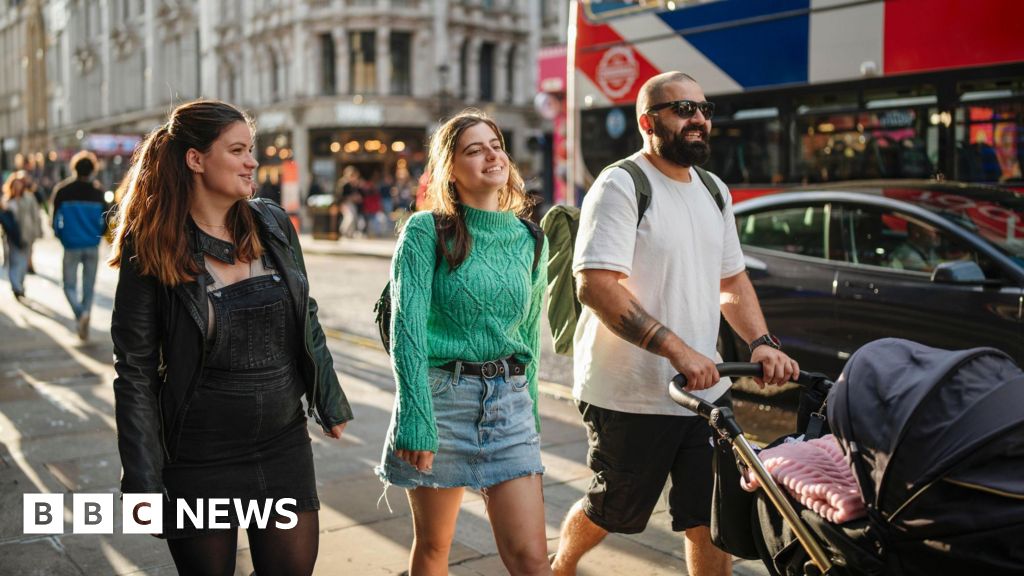
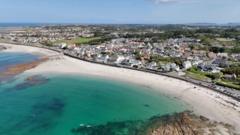

![Presidents Day Weekend Car Sales [2021 Edition] Presidents Day Weekend Car Sales [2021 Edition]](https://www.findthebestcarprice.com/wp-content/uploads/Presidents-Day-Weekend-car-sales.jpg)



 English (United States)
English (United States)